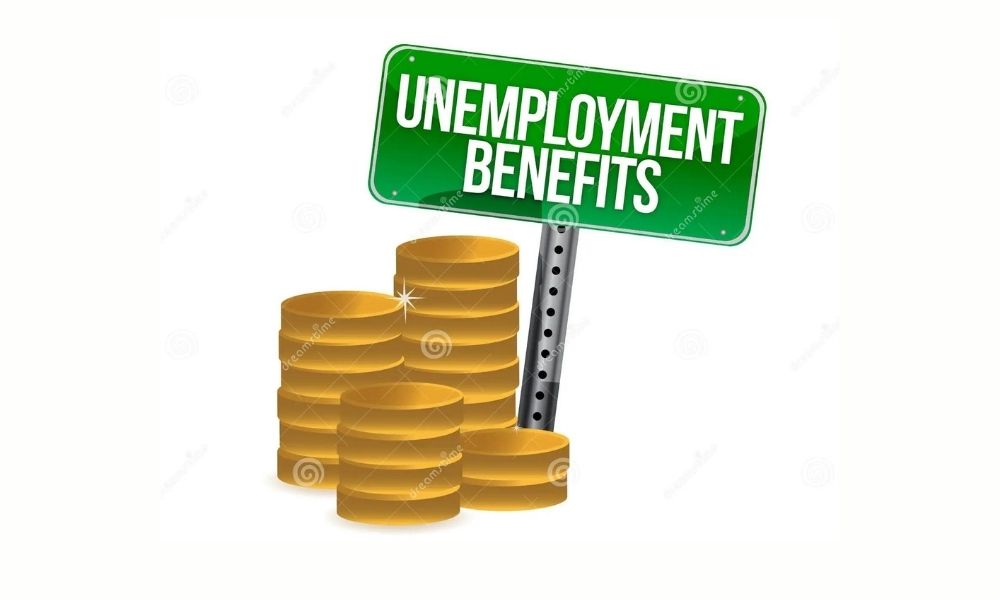Unemployment benefits are a crucial lifeline for individuals who have lost their jobs and are struggling to make ends meet. These benefits provide financial support to help cover basic expenses such as rent, food, and utilities. However, many people are unsure about whether they should have taxes withheld from their unemployment benefits. In this article, we will explore the pros and cons of having taxes withheld from unemployment benefits and provide valuable insights to help you make an informed decision.
Contents
Do I have to pay taxes on unemployment benefits?
Yes, unemployment benefits are considered taxable income by the federal government and most states. This means that you are required to report your unemployment benefits as income on your tax return and may owe taxes on the amount received.
However, unlike regular wages, unemployment benefits are not subject to payroll taxes such as Social Security and Medicare. This means that the amount of taxes owed on unemployment benefits may be lower than what you would owe on your regular income.
Pros of having taxes withheld from unemployment benefits
1. Avoid a large tax bill at the end of the year
One of the main advantages of having taxes withheld from your unemployment benefits is that it can help you avoid a large tax bill at the end of the year. If you do not have taxes withheld from your benefits, you will be responsible for paying the full amount of taxes owed on your unemployment income when you file your tax return.
Read:How to find marginal benefitThis can be a significant burden for individuals who are already struggling financially due to job loss. By having taxes withheld from your benefits, you can spread out the tax payments over the course of the year and avoid a large lump sum payment.
2. Avoid penalties for underpayment of taxes
If you do not have taxes withheld from your unemployment benefits and end up owing a large amount of taxes at the end of the year, you may also be subject to penalties for underpayment of taxes. The IRS requires individuals to pay at least 90% of their tax liability throughout the year, either through withholding or estimated tax payments.
If you do not meet this requirement, you may be subject to penalties and interest on the amount owed. By having taxes withheld from your unemployment benefits, you can ensure that you are meeting this requirement and avoid any potential penalties.
3. Simplify the tax filing process
Having taxes withheld from your unemployment benefits can also make the tax filing process much simpler. When you receive your Form 1099-G, which reports the amount of unemployment benefits you received, it will already reflect the taxes that were withheld. This means that you will not have to calculate and pay the taxes owed on your own, making the process less stressful and time-consuming.
Read:what is tanf benefitsCons of having taxes withheld from unemployment benefits
1. Reduced amount of benefits received
One of the main drawbacks of having taxes withheld from your unemployment benefits is that it will reduce the amount of benefits you receive. The amount of taxes withheld is based on the number of exemptions you claim on your W-4 form, which determines how much tax is taken out of your paycheck.
If you choose to have a higher amount of taxes withheld, you will receive a smaller amount of benefits each week. This can be a significant disadvantage for individuals who are already struggling to make ends meet on a reduced income.
2. May not owe taxes on unemployment benefits
Another potential downside of having taxes withheld from your unemployment benefits is that you may not actually owe taxes on the amount received. If you have a low income and do not have any other sources of taxable income, you may not owe any taxes on your unemployment benefits.
In this case, having taxes withheld would result in a lower amount of benefits received each week, which could be avoided if you did not have taxes withheld in the first place.
Read:What age for full social security benefits: All you need to know3. May need the extra money for immediate expenses
For some individuals, having taxes withheld from their unemployment benefits may not be a feasible option. If you are struggling to cover basic expenses such as rent, food, and utilities, you may need the full amount of your benefits to make ends meet.
In this case, having taxes withheld would reduce the amount of money available for immediate expenses and could potentially put you in a more difficult financial situation.
How to have taxes withheld from unemployment benefits
If you have decided that having taxes withheld from your unemployment benefits is the best option for you, there are a few steps you can take to make sure it is done correctly.
1. Fill out a W-4V form
To have taxes withheld from your unemployment benefits, you will need to fill out a W-4V form, also known as the Voluntary Withholding Request form. This form allows you to specify the amount of taxes you want withheld from your benefits each week.
You can obtain a W-4V form from your state’s unemployment office or download it from the IRS website. Once completed, you will need to submit the form to your state’s unemployment office.
2. Keep track of your tax payments
It is important to keep track of the taxes that are being withheld from your unemployment benefits. You can do this by reviewing your Form 1099-G, which will show the total amount of benefits received and the amount of taxes withheld.
You should also keep track of any estimated tax payments you make throughout the year to ensure that you are meeting the 90% requirement and avoid any potential penalties.
Conclusion:
Deciding whether to have taxes withheld from your unemployment benefits is a personal decision that will depend on your individual financial situation. While having taxes withheld can help you avoid a large tax bill at the end of the year and simplify the tax filing process, it may also result in a reduced amount of benefits received and may not be necessary if you do not owe taxes on your unemployment income.
If you are unsure about whether to have taxes withheld from your unemployment benefits, it is always best to consult with a tax professional who can provide personalized advice based on your specific circumstances. Ultimately, the most important thing is to make an informed decision that will help you manage your finances effectively during this challenging time.









